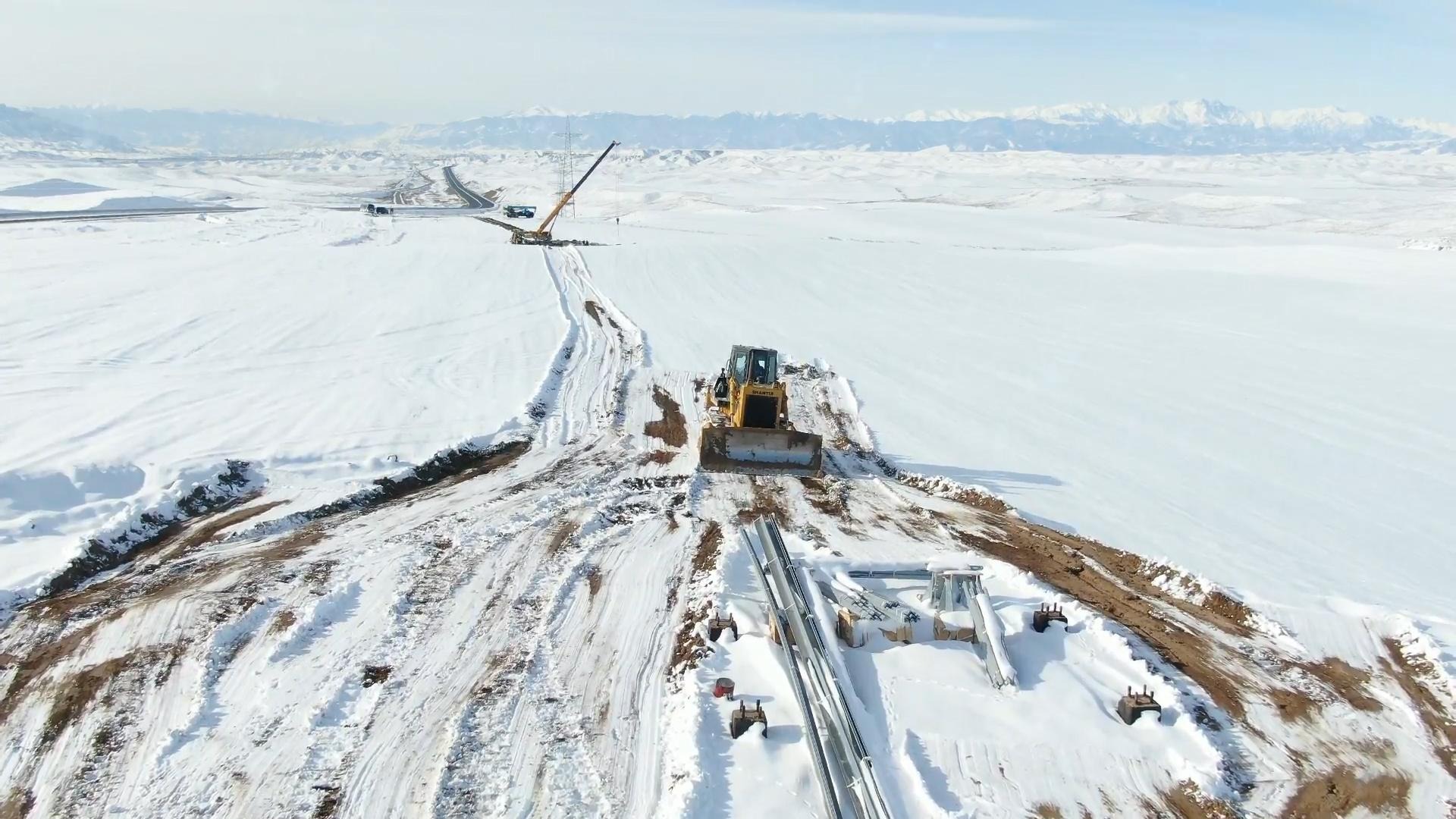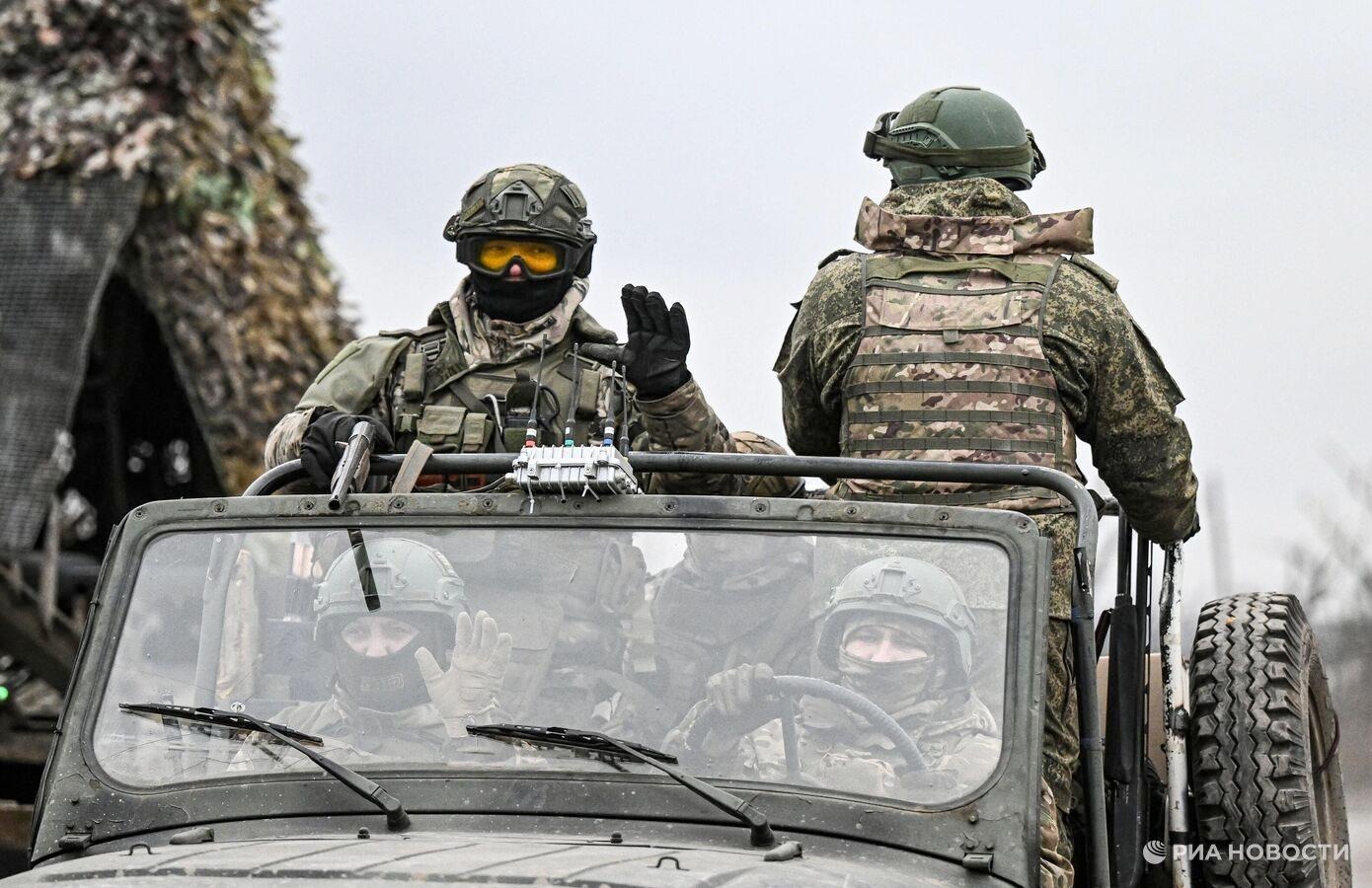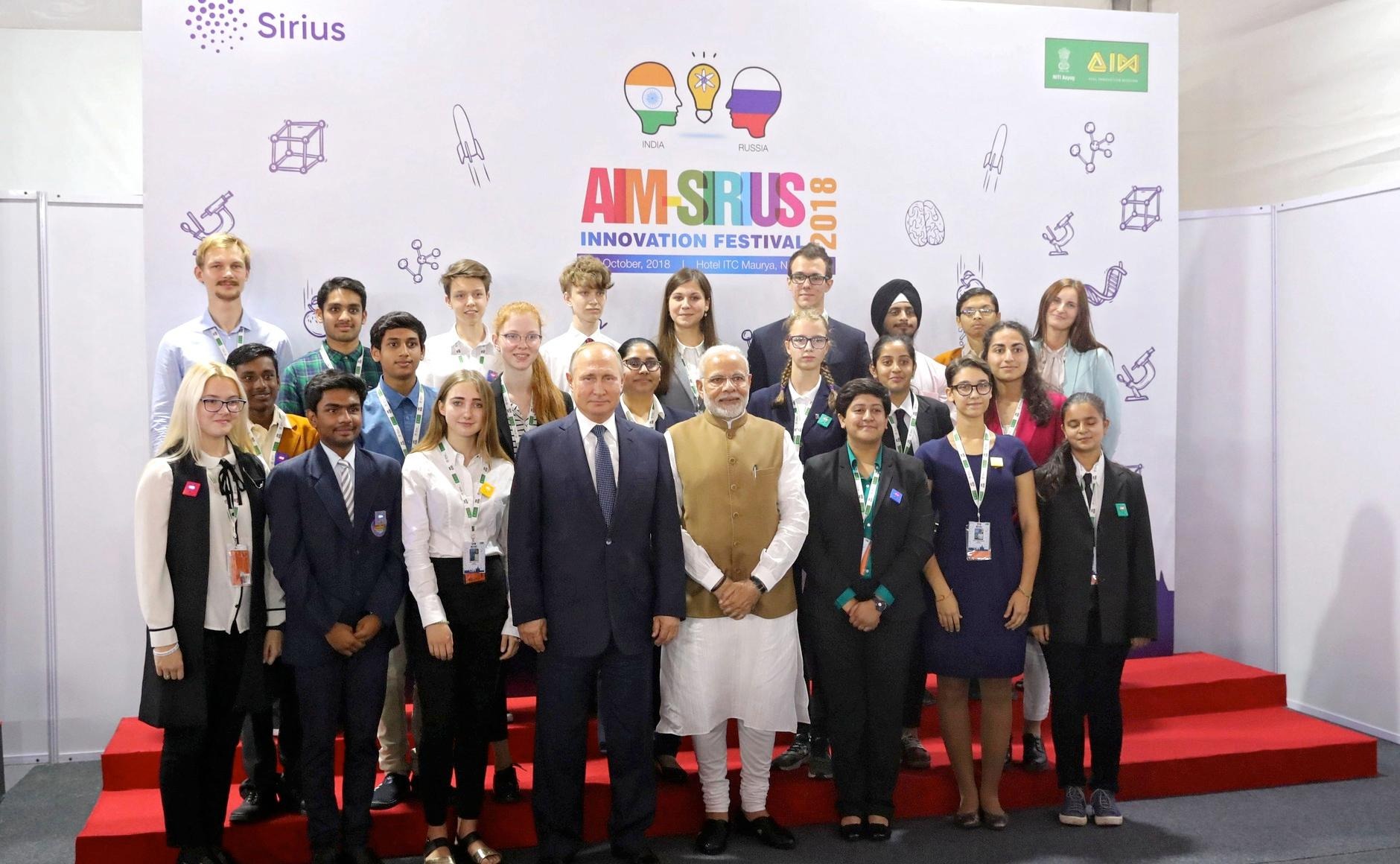IN GREAT HASTE KHODORKOVSKY FOUND GUILTY, GETS ONE YEAR LESS THAN SENTENCED
IN GREAT HASTE KHODORKOVSKY FOUND GUILTY, GETS ONE YEAR LESS THAN SENTENCED
Late in the evening of September 22, the Moscow city court announced its verdict on the appeal to revisit the case of Mikhail Khodorkovsky and Platon Lebedev, who had been sentenced to nine years in jail by the Meshchansky district court. Normally, such appeals drag on for months and most observers expected the hearings to be as boringly protracted as were the court proceedings last May. This time, however, it was all wrapped up in one day: The judge urged the lawyers not to repeat the reasoning presented in their written appeal and asked no additional questions. The prosecutor merely asserted that the statue of limitations on the key episode had not expired. Ultimately, the final deliberations lasted just over an hour – and the verdict was blunt and clear: Reject the “not guilty” appeal, but reduce the sentence by one year (Gazeta.ru, September 22).
The very satisfied prosecutor then urged the media “not to make a process of the century out of the trivial case of fraud” (Gazeta.ru, September 23). The timing was indeed perfect for following this “instruction”: The news broke too late to make it into Friday’s dailies, and most Russian newspapers do not have weekend editions. Izvestiya (September 23) had to cut its commentary short: “As this issue was signed into print, Khodorkovsky was beginning his speech,” and only fast-moving Kommersant (September 23) managed to deliver the abbreviated news about the verdict. The web-based media, like Lenta.ru (September 23) certainly published lengthy comments, but their reach in Russia remains limited, while the TV channels mostly ignored the sensitive issue.
Khodorkovsky’s lawyers claimed that these indecently rushed proceedings constituted an ugly travesty of justice and pledged to continue the struggle. Despite the unprecedented pressure on this team from the prosecution, they intend to bring the case simultaneously to the Russian Supreme Court and to the European Court of Justice in Strasbourg (Newsru.com, September 23). In the latter, their chances for proving Khodorkovsky’s and Lebedev’s innocence are quite strong, since every impartial and detailed examination of the dozens of volumes of this case has concluded that this accumulation of juridical nonsense just does not hold water (Ekspert, August 15). Within Moscow’s chattering classes, there has never been a shadow of doubt that this “show trial” has been driven entirely by political motives, ranging from a fear of emerging challenge to personal vendetta, and so the outcome was never in doubt (Ekho Moskvy, September 23).
This political load of the case only increased when Khodorkovsky, with the first sentence already hanging over his head, agreed to stand in the parliamentary elections for a free State Duma seat in Moscow’s University district. The initial reaction from the Kremlin was dismissive, since Putin’s lieutenants firmly believed that the “oligarchs” were deeply unpopular and that public opinion on Khodorkovsky was predominantly negative (RosBusinessConsulting, September 23). By mid-September, however, as the electoral campaign accelerated, the presidential administration began to worry that a very unpleasant surprise could be in the cards. Moscow Mayor Yuri Luzhkov, who has never been a true Putin loyalist, is currently plotting a complicated intrigue for the December city council elections, so the masters of political manipulations in the Kremlin became increasingly disinclined to experiment with voters’ preferences (Gazeta.ru, September 20). Hence the rush with the decision on the appeal after which Khodorkovsky, as a convicted criminal, has become technically unelectable.
The political challenge from this opponent, nevertheless, can hardly be fended off that easily. The undeniable fact of Russian political life for the last few years has been that Khodorkovsky – from behind bars – has been able to define the key issues for the debates. Even those experts who entirely disagree with his proposal for the “left turn” elaborated in several letters, articles, and interviews give him credit for developing a serious future-oriented agenda (Ezhednevny zhurnal, August 2, September 19). Compared with this considered program, Putin’s much-advertised “social initiative” looks merely like squandering the oil rent (Polit.ru, September 21). The conditions in Russian prisons and “correction facilities” are certainly not very conducive for political thought, but this particular prisoner has so far defied all of the not-too-subtle attempts to convince him to keep quiet.
And here is perhaps the very essence of Khodorkovsky’s challenge to Putin’s regime. In the busy crowd of servile courtiers and entrepreneurial bureaucrats, he stands tall but does not cry out loud about his heroic posture. Every street-smart businessman would call him stupid for refusing to bend and bribe, and all opportunistic politicians (and there are but a few who are not) would agree that he has asked for trouble when he told Putin about corruption in his inner circle. But this dispute has unfolded in the environment of Moscow, which has never believed in tears and now does not believe in honesty or integrity or courage. Surely one quiet bespectacled man cannot convince them that these qualities matter, but he has made an argument that can hardly be disproved. He shows no regret about his lost fortune and appears confident that a few years in jail is a price not too steep for preserving his dignity. He has made himself so entirely incompatible with the Kremlin-centric system of power that crushing this one-man rebellion has become a top state priority. The system must prove its omnipotence, but in so doing it takes a turn towards self-destruction. Rejecting conscience and honor as alien values, it becomes eaten from inside by greed and corruption. Khodorkovsky goes to jail as a free man and Putin becomes a jailer – and a prisoner of his fears.


